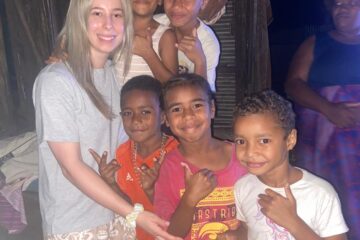Sotiris Stylianou
On Sunday 19 February we’ll hear in our churches the Gospel reading concerning the Last Judgement (Matth. 25, 31-46). In this, Christ describes the criteria by which we’ll be judged at the completion of the ages.
The criterion is that of practical love for other people. The Judge addresses a portion of humanity and tells them to enter into the kingdom which has been prepared for them because, over the course of their earthly life, they’d given him whatever he needed. When asked when they’d served him, he answered that by taking care of other people who were in need, it was as if they were ministering to Christ himself.
Those who have no place in his kingdom are accused of seeing him hungry, thirsty, naked, a stranger, sick and imprisoned and not giving him what he needed. When asked when this had occurred, he replied that since they hadn’t done this to the least of his brothers and sisters, it was as if they’d omitted to do it to him.
Christ, the King of those who rule and the Lord of those who govern, equates himself with all the poor and needy. And every contribution we make to those in dire straits is counted as generosity to Christ himself.
Do we, then, understand, that love in God, as well as practical love for other people, charity as we find it at many points in the New Testament, are the things which make us children of God and that all the Law and Prophets hang upon them (Matth. 22, 40).
Source: pemptousia.com




0 Comments